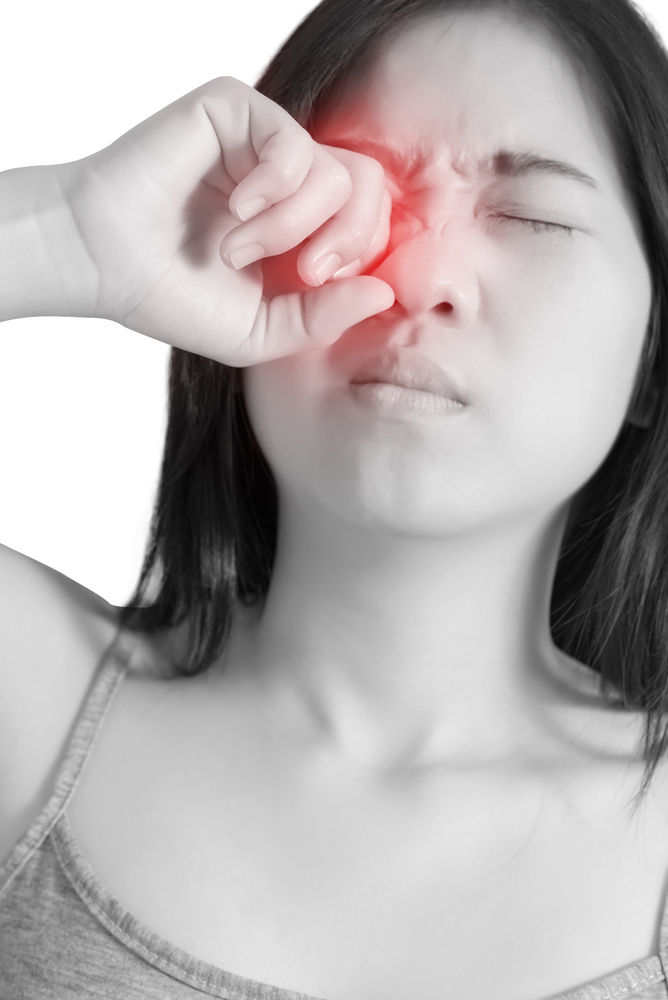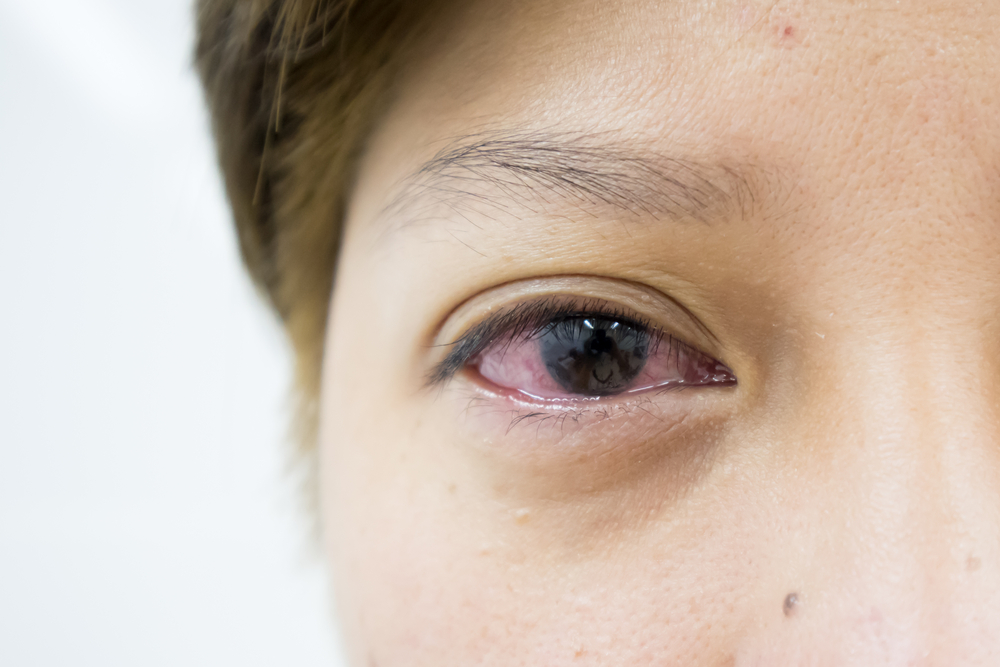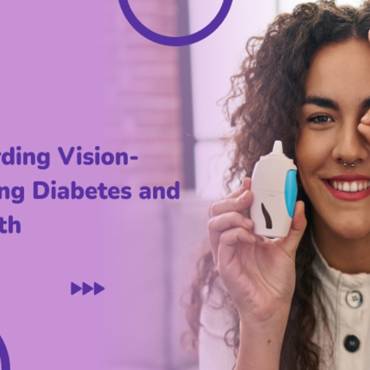It’s time to get aware of your eyes: watering, grittiness, itching, or redness, whatever your symptom is, there are solutions to help you see clearly again. Please have a look at some common symptoms of eye problems and what they indicate.
Most people are concerned when they develop eye issues, particularly affecting their ability to see clearly. This document describes most eye conditions which can affect vision, either temporarily or permanently. It briefly explains what symptoms you might expect and what steps can be taken to treat or prevent eye problems. Whether you experience redness or feel so itchy that you want to claw your eyeballs out, you should not just hit on a pair of sunglasses and ignore it. Identifying the root cause of an eye issue and treating it properly can help you avoid complications.

If you experience a change in vision, light sensitivity, pain, discharge or any other symptom that troubles you could be a sign of a serious problem and you must visit an ophthalmologist to get your eye problem decoded.
Also Read: Home remedies for high blood pressure
Symptoms of eye problems
Red eyes or both eyes are itchy or watery: It is probably an allergy called conjunctivitis, which can be defined as a reaction to pollen, pet dander, or something else in your environment. Keep yourself away from triggers such as a dusty attic, a fluffy cat, or a garden full of ragweed. In this case, an oral histamine is recommended to halt the immune system reaction. Eye care drops may be used to calm inflammation and soothe itchiness directly. You can also consult your health specialist about prescription eye care medicine. Avoid using anti-redness drops as these do not work to treat the root cause of the problem and can result in rebound redness. If an allergic reaction is a seasonal annoyance for you or creates major discomfort, visit an allergist for additional treatment.
Red eyes with a gritty or sandy feeling: It could be a dry eye condition, which develops when the eyes do not get enough moisture. Not making enough tears, quick evaporation of tears, tears not watery enough could be the reasons behind the dry eye issue, and these can happen when oil producing glands in your eyelids are inflamed. Staring at a computer screen or television without blinking is one of the common cause of the problem. If you are a person who doesn’t blink eyes every four seconds, oil in your eyes does not get released, and tears evaporate leaving the eye irritated and dry. Dry eye problem can also be an adverse effect of certain drugs, long-term use of contact lenses, or results of hormonal changes in the body. Take breaks from intense staring, and moisten eyes with artificial tears. Add omega three fatty acids to your diet plan, and you can use a humidifier to moisten the air at your home or office. More severe cases may require eye care treatment such as prescription, drops, ointments, or plugs inserted in the eye’s drainage ducts to hold tears in your eyes for a longer time. The dry eye issue can not be ignored because it may cause vision loss or scarring of the cornea.
Development of a painful lump at the edge of an eye or under your eyelid: If the lump is developed at the edge of your lid, it might be a stye, which is caused by an infected eyelash follicle. It can get tender, and swollen a may discharge pus. Put a warm cloth to encourage drainage, but if it troubles you and does not improve with the home remedies, consult your health care specialist, who can prescribe an antibiotic ointment.
Thick and crusty discharge: It is an inflammation from an infection of the outer layer of the eye called conjunctivitis. Your doctor can perform a test to identify whether it is bacterial or viral. If it’s viral, then it’s like a common cold in the eye and is extremely contagious as discovered. In this case, artificial tears and cold packs will help relieve swelling and irritation. A Bacterial variety is not as severe as viral one; it may disappear by its own. Your physician may also prescribe eye drops to speed things up. Immediately call an ophthalmologist if fluids are kept on draining out of your eye or if you are suffering from moderate to severe pain, vision problem, intense redness, or light sensitivity. Call your ophthalmologist for eye infection treatment.
Also Read: Ablation for atrial fibrillation: A guide
Eye care tips for protecting your eyesight
- Don’t smoke
- Get your eyes checked every year
- Exercise daily
- Protect your precious wonders from harmful ultraviolet rays
- Eat a balanced diet
- Visit your physician on a frequent basis to check for diabetes and high blood pressure
Keep a look on warning signs of changes in your vision.



